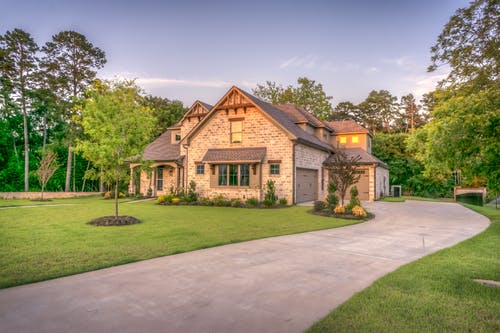Paver Driveway Pavers
If you’re looking to give your drive a face lift without making it look too busy or expensive, driveway paver projects could be just the thing for you. A new driveway surface is a great way to improve the appearance of your home and increase its value. If you think it will take too long or cost too much, think again. A paver drive can be completed in just a few weeks. It can also look great and can be professionally built without the need to pay a professional. The process doesn’t require as much time as you may think, and many people enjoy the results. It’s not like you want to spend thousands of money on a beautiful driveway.
Gravel Driveway Paver. Gravel driveways can be the most economical paver option. They come in a huge variety of sizes and shapes. You can now buy gravel pavers in virtually any design, including brick pavers and natural stones. These paver drives can be customized to suit your home’s style, whether it is eco-friendly cottage-themed or something more simple. This is the kind of driveway that will give you curb appeal at an incredibly low price!

Asphalt Driveway Pavers – Asphalt driveways are a popular choice for homeowners. However, they’re not the only choice. Concrete is another popular option for driveways. Concrete is the second-most popular driveway material, behind gravel, and comes in both sanded and polished finishes. Concrete is a strong and affordable driveway option that’s also very easy to install. Concrete drives are not only inexpensive but also weather-resistant. This means that you don’t have to spend on special coatings to protect them against water damage. Asphalt pavers can make your driveway look better than concrete for the same price.
Asphalt Pavers vs. Concrete Slab: Asphalt driveways offer the advantage of being very light and flexible. The problem, however, is that these types of driveway surfaces are not very durable. Concrete slabs on the other hand are extremely durable and can last for up to forty years before needing to be repaired. Plus, concrete slabs are also less expensive than asphalt paver driveway solutions. This is a crucial factor in your decision if you are planning to install pavers. It’s a no-brainer if you plan to install pavers on your regular driveway.
Base Thickness – Pavers are traditionally laid on a 2- to 6-inch deep base. If you prefer to do it yourself, this is fine. However, others may prefer a base four to eight inches in depth. This all depends on your project and personal preferences. A thicker base will require more frequent maintenance, but it will also add extra strength to the paver. A base of two inches is the average thickness for durability and longevity.
Lay the Pavers. Once you have decided on pavers, the next important step is to lay the paper. A diamond blade roller is the best way to lay pavers. This is pretty self-explanatory. Another option is to place the covers on top or a raised surface, such as a foot of gravel. This gives you more control over the placement of stones and their leveling. Before proceeding, make sure you check with the contractor.
Curb Appeal: You can increase curb appeal by planting flowers along the length of your driveways. Many landscapers and home improvement shops carry flower seeds and plants specifically designed for driveways and walking paths. Keep in mind that too many flowering plants can make your driveway look cluttered and unattractive. Again, consult with the contractor regarding the best options for your situation and budget. Your goal is to make your driveway appealing and practical for driving and walking.
Concrete is the most commonly used material for paver driveways. But there are other options like brick or natural stone. Concrete is a durable material with the advantage of being easy-to-install and tear down. Concrete can be expensive and requires regular removal of crushed rocks to keep it level. Stone pavers are an option to concrete but are more costly and don’t last as long. Natural stone and brick might be a suitable alternative for those who want the benefits both of concrete and stone, but without the additional costs.
